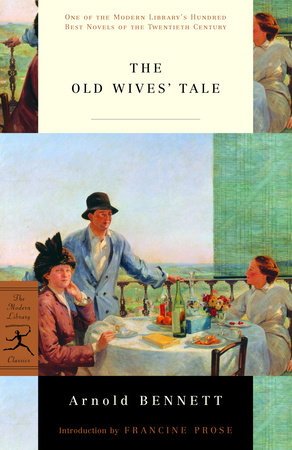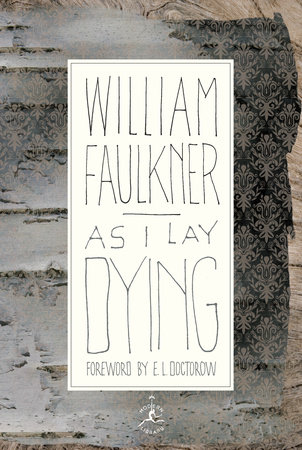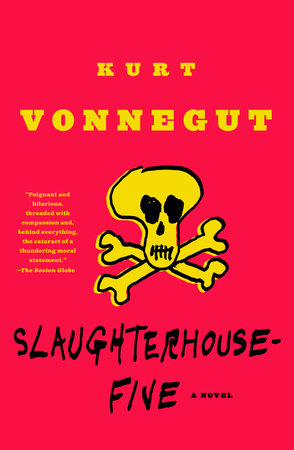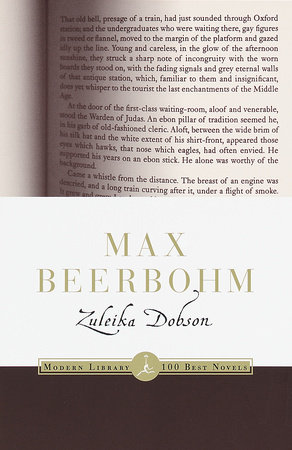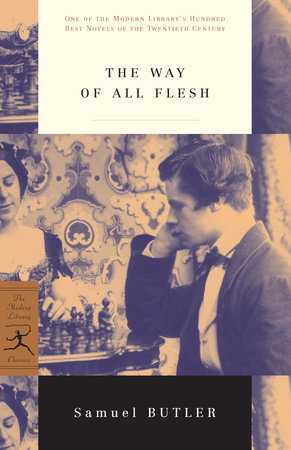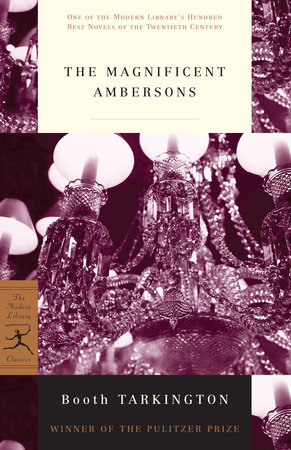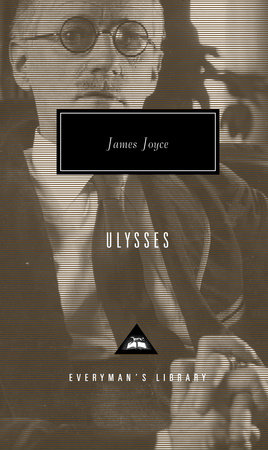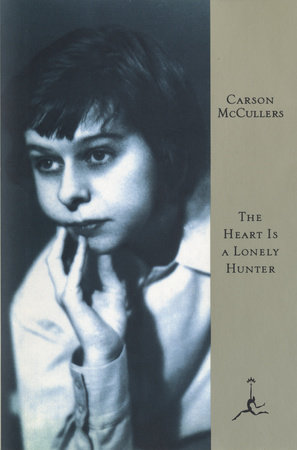Excerpt
The Old Wives' Tale
Those two girls, Constance and Sophia Baines, paid no heed to the manifold interest of their situation, of which, indeed, they had never been conscious. They were, for example, established almost precisely on the fifty-third parallel of latitude. A little way to the north of them, in the creases of a hill famous for its religious orgies, rose the river Trent, the calm and characteristic stream of middle England. Somewhat farther northwards, in the near neighbourhood of the highest public-house in the realm, rose two lesser rivers, the Dane and the Dove, which, quarrelling in early infancy, turned their back on each other, and, the one by favour of the Weaver and the other by favour of the Trent, watered between them the whole width of England, and poured themselves respectively into the Irish Sea and the German Ocean. What a county of modest, unnoticed rivers! What a natural, simple county, content to fix its boundaries by these tortuous island brooks, with their comfortable names--Trent, Mease, Dove, Tern, Dane, Mees, Stour, Tame, and even hasty Severn! Not that the Severn is suitable to the county! In the county excess is deprecated. The county is happy in not exciting remark. It is content that Shropshire should possess that swollen bump, the Wrekin, and that the exaggerated wildness of the Peak should lie over its border. It does not desire to be a pancake, like Cheshire. It has everything that England has, including thirty miles of Watling Street; and England can show nothing more beautiful and nothing uglier than the works of nature and the works of man to be seen within the limits of the county. It is England in little, lost in the midst of England, unsung by searchers after the extreme; perhaps occasionally somewhat sore at this neglect, but how proud in the instinctive cognizance of its representative features and traits!
Constance and Sophia, busy with the intense preoccupations of youth, recked not of such matters. They were surrounded by the county. On every side the fields and moors of Staffordshire, intersected by roads and lanes, railways, watercourses and telegraph-lines, patterned by hedges, ornamented and made respectable by halls and genteel parks, enlivened by villages at the intersections, and warmly surveyed by the sun, spread out undulating. And trains were rushing round curves in deep cuttings, and carts and waggons trotting and jingling on the yellow roads, and long, narrow boats passing in a leisure majestic and infinite over the surface of the stolid canals; the rivers had only themselves to support, for Staffordshire rivers have remained virgin of keels to this day. One could imagine the messages concerning prices, sudden death, and horses, in their flight through the wires under the feet of birds. In the inns Utopians were shouting the universe into order over beer, and in the halls and parks the dignity of England was being preserved in a fitting manner. The villages were full of women who did nothing but fight against dirt and hunger, and repair the effects of friction on clothes. Thousands of labourers were in the fields, but the fields were so broad and numerous that this scattered multitude was totally lost therein. The cuckoo was much more perceptible than man, dominating whole square miles with his resounding call. And on the airy moors heath-larks played in the ineffaceable muletracks that had served centuries before even the Romans thought of Watling Street. In short, the usual daily life of the county was proceeding with all its immense variety and importance; but though Constance and Sophia were in it they were not of it.
The fact is, that while in the county they were also in the district; and no person who lives in the district, even if he should be old and have nothing to do but reflect upon things in general, ever thinks about the county. So far as the county goes, the district might almost as well be in the middle of the Sahara. It ignores the county, save that it uses it nonchalantly sometimes as leg-stretcher on holiday afternoons, as a man may use his back garden. It has nothing in common with the county; it is richly sufficient to itself. Nevertheless, its self-sufficiency and the true salt savour of its life can only be appreciated by picturing it hemmed in by county. It lies on the face of the county like an insignificant stain, like a dark Pleiades in a green and empty sky. And Hanbridge has the shape of a horse and its rider, Bursley of half a donkey, Knype of a pair of trousers, Longshaw of an octopus, and little Turnhill of a beetle. The Five Towns seem to cling together for safety. Yet the idea of clinging together for safety would make them laugh. They are unique and indispensable. From the north of the county right down to the south they alone stand for civilization, applied science, organized manufacture, and the century--until you come to Wolverhampton. They are unique and indispensable because you cannot drink tea out of a teacup without the aid of the Five Towns; because you cannot eat a meal in decency without the aid of the Five Towns. For this the architecture of the Five Towns is an architecture of ovens and chimneys; for this its atmosphere is as black as its mud; for this it burns and smokes all night, so that Longshaw has been compared to hell; for this it is unlearned in the ways of agriculture, never having seen corn except as packing straw and in quartern loaves; for this, on the other hand, it comprehends the mysterious habits of fire and pure, sterile earth; for this it lives crammed together in slippery streets where the housewife must change white window-curtains at least once a fortnight if she wishes to remain respectable; for this it gets up in the mass at six A.M., winter and summer, and goes to bed when the public-houses close; for this it exists--that you may drink tea out of a teacup and toy with a chop on a plate. All the everyday crockery used in the kingdom is made in the Five Towns--all, and much besides. A district capable of such gigantic manufacture, of such a perfect monopoly--and which finds energy also to produce coal and iron and great men--may be an insignificant stain on a county, considered geographically, but it is surely well justified in treating the county as its back garden once a week, and in blindly ignoring it the rest of the time.
Even the majestic thought that whenever and wherever in all England a woman washes up, she washes up the product of the district; that whenever and wherever in all England a plate is broken the fracture means new business for the district--even this majestic thought had probably never occurred to either of the girls. The fact is, that while in the Five Towns they were also in the Square. Bursley and the Square ignored the staple manufacture as perfectly as the district ignored the county. Bursley has the honours of antiquity in the Five Towns. No industrial development can ever rob it of its superiority in age, which makes it absolutely sure in its conceit. And the time will never come when the other towns--let them swell and bluster as they may--will not pronounce the name of Bursley as one pronounces the name of one's mother. Add to this that the Square was the centre of Bursley's retail trade (which scorned the staple as something wholesale, vulgar, and assuredly filthy), and you will comprehend the importance and the self-isolation of the Square in the scheme of the created universe. There you have it, embedded in the district, and the district embedded in the county, and the county lost and dreaming in the heart of England!
The Square was named after St Luke. The Evangelist might have been startled by certain phenomena in his square, but, except in Wakes Week, when the shocking always happened, St Luke's Square lived in a manner passably saintly--though it contained five public-houses. It contained five public-houses, a bank, a barber's, a confectioner's, three grocers', two chemists', an ironmonger's, a clothier's, and five drapers'. These were all the catalogue. St Luke's Square had no room for minor establishments. The aristocracy of the Square undoubtedly consisted of the drapers (for the bank was impersonal); and among the five the shop of Baines stood supreme. No business establishment could possibly be more respected than that of Mr Baines was respected. And though John Baines had been bedridden for a dozen years, he still lived on the lips of admiring, ceremonious burgesses as 'our honoured fellow-townsman.' He deserved his reputation.
The Baineses' shop, to make which three dwellings had at intervals been thrown into one, lay at the bottom of the Square. It formed about one-third of the south side of the Square, the remainder being made up of Critchlow's (chemist), the clothier's, and the Hanover Spirit Vaults. ('Vaults' was a favourite synonym of the public-house in the Square. Only two of the public-houses were crude public-houses: the rest were 'vaults.') It was a composite building of three storeys, in blackish-crimson brick, with a projecting shop-front, and, above and behind that, two rows of little windows. On the sash of each window was a red cloth roll stuffed with sawdust, to prevent draughts; plain white blinds descended about six inches from the top of each window. There were no curtains to any of the windows save one; this was the window of the drawing-room, on the first floor at the corner of the Square and King Street. Another window, on the second storey, was peculiar, in that it had neither blind nor pad, and was very dirty; this was the window of an unused room that had a separate staircase to itself, the staircase being barred by a door always locked. Constance and Sophia had lived in continual expectation of the abnormal issuing from that mysterious room, which was next to their own. But they were disappointed. The room had no shameful secret except the incompetence of the architect who had made one house out of three; it was just an empty, unemployable room. The building had also a considerable frontage on King Street, where, behind the shop, was sheltered the parlour, with a large window and a door that led directly by two steps into the street. A strange peculiarity of the shop was that it bore no signboard. Once it had had a large signboard which a memorable gale had blown into the Square. Mr Baines had decided not to replace it. He had always objected to what he called 'puffing,'and for this reason would never hear of such a thing as a clearance sale. The hatred of 'puffing' grew on him until he came to regard even a sign as 'puffing.' Uninformed persons who wished to find Baines's must ask and learn. For Mr Baines, to have replaced the sign would have been to condone, yea, to participate in, the modern craze for unscrupulous self-advertisement. This abstention of Mr Baines's from indulgence in signboards was somehow accepted by the more thoughtful members of the community as evidence that the height of Mr Baines's principles was greater even than they had imagined.
Constance and Sophia were the daughters of this credit to human nature. He had no other children.


